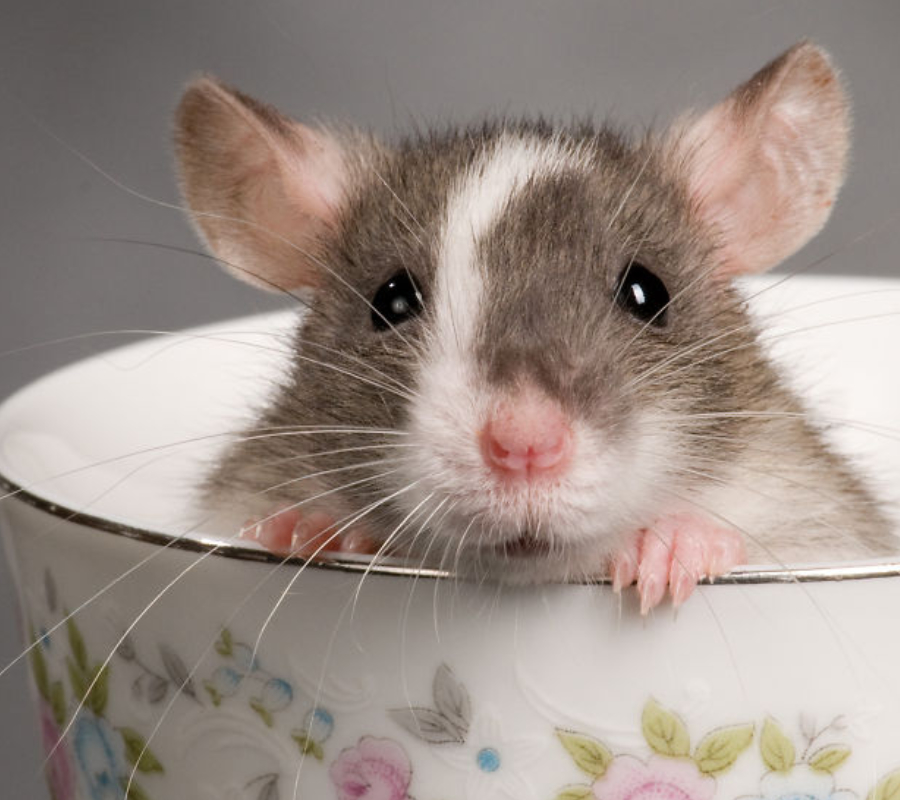New Zealand’s Prime Minister John Key announced on Tuesday an ambitious plan to eliminate all rats and nuisance animals from the country by 2050.
With the aim of becoming a rat-free nation, New Zealand’s government has been considering plans and strategies to eradicate rats from several of its smaller islands. Even when some scientists have labeled the project as challenging, Key believes the goal would require the help and contribution of everyone, ranging from philanthropists to native indigenous, Maori tribes. Key also acknowledged that the plan would be achieved with specific approaches and advances.

Scientists, in turn, argue that although the plan seems to be admissible, it will be extremely difficult to accomplish, keeping in mind that New Zealand is similar in size to the United Kingdom.
When announcing the project pointing at the total extermination of rats in the nation’s countryside, Key said the government would initially contribute with 28 million New Zealand dollars ($20 million) to set up a company running the program.
Key added that the success of the project depends on common efforts, according to the prime minister, everyone should get involved in cleaning process.
New Zealand rat-free countryside will also represent a help for native birds. Many bird species, including the iconic Kiwi, face threats from rats. New Zealand’s birds are endangered with extinction because of rats, and other pests devour their eggs and compete with them to death for food.
“This is the most ambitious conservation project attempted anywhere in the world, but we believe if we all work together as a country we can achieve it,” said Key.
Prime Minister says by 2050 every part of New Zealand will be free of rats stoats and possums. #predatorfree pic.twitter.com/zrQVe0JZCQ
— Christopher Howe (@ChrisHoweWWFNZ) July 25, 2016
A contribution to the country’s fauna and flora
Rats have been dangerous for New Zealand’s fauna and flora for a long time. New Zealand’s Department of Conservation has conducted efforts to face the problem. By using traps, poisons, and baits, the department has eradicated rats from several small islands, as well as, attempts have been intensively carried out the main islands to make them safer for native birds.
Nevertheless, Ecologist James Russell, from the University of Auckland, considers that it would require a massive escalation of those efforts to completely get rid of the pests.
Getting rid of the rats would make a huge difference to the health and future of native flora and fauna. “I really do think it’s possible. It will require people working in every nook and corner of the country,” remarked Russell.
We've launched Predator Free NZ, a world-first project to eliminate rats, possums and stoats in NZ by 2050.https://t.co/zYMutlkX4L
— John Key (@johnkeypm) July 25, 2016
Source: CBS News
